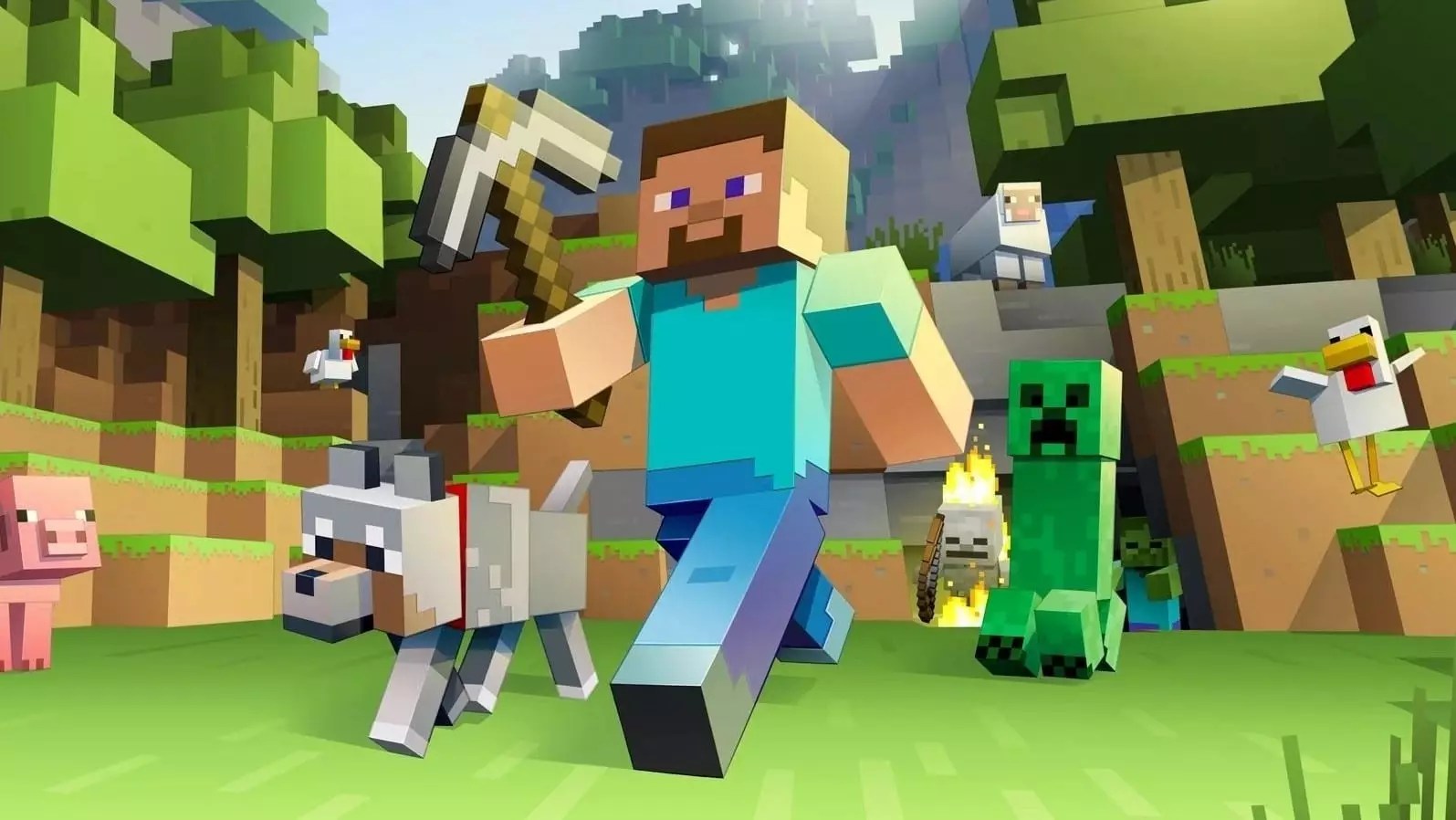Microsoft has recently introduced a range of AI tools aimed at increasing work efficiency and offering assistance and recommendations when needed. One of the notable developments is the integration of Copilot AI into Microsoft games for Xbox and PC. This AI system, trained on ChatGPT and Dalle-3 language models, has the ability to analyze and interpret information from the web to provide users with guidance and support during gameplay.
In a demonstration highlighted by Rich DeMuro and shared by Windows Central, Copilot AI is showcased assisting a player navigating through Minecraft. The player seeks assistance with crafting materials, and the AI provides detailed instructions on what is required to create a specific item. By analyzing the on-screen imagery, Copilot is able to identify the materials needed and match them with relevant guides stored in its memory banks.
The Impact on Game Guides and Content Creation
With the rise of AI tools like Copilot, there is a growing concern among gaming websites and content creators about the potential implications on their work. Over the years, websites have invested in producing game guides to attract traffic and engagement from players seeking assistance. These guides have served as a valuable resource for gamers looking to overcome challenges or discover hidden elements within games.
However, the emergence of AI tools capable of scraping and utilizing this information from online guides poses a threat to the traditional model of content creation. Copilot AI, for example, can access and utilize existing game guides to provide players with real-time assistance, bypassing the need for them to visit gaming websites. This shift raises questions about the future sustainability of websites relying on guide content for traffic and revenue.
As AI models like Copilot continue to evolve and consume existing game guides, the reliance on traditional content creators may diminish over time. Websites may struggle to generate unique and valuable content if their guides are being replicated and distributed by AI systems. This trend could have far-reaching consequences for the gaming industry, as the balance between human-generated content and AI-powered assistance becomes increasingly blurred.
The potential scenario where AI tools have exhausted all available guides and content raises concerns about the sustainability of the current model. If websites are no longer able to produce guides, and AI models rely solely on existing data, there could be a significant gap in the availability of updated and relevant information for players. The reliance on human input for AI learning poses challenges in terms of generating original content and adapting to changing gaming landscapes.
The Ethical and Practical Considerations
Beyond the implications for content creators, there are ethical and practical questions surrounding the use of AI tools like Copilot in gaming environments. The ease with which players can access detailed instructions and solutions may impact the immersive and exploratory nature of games like Minecraft. The concept of discovering, experimenting, and learning through gameplay could be compromised if AI systems provide instant answers and solutions at the click of a button.
The broader implications of integrating AI into gaming experiences are yet to be fully understood. While the potential benefits of efficiency and support are evident, the long-term effects on creativity, innovation, and community engagement remain uncertain. As Microsoft’s Copilot AI continues to shape the landscape of gaming assistance, there is a need for ongoing dialogue and reflection on the evolving relationship between technology, content creation, and player experience.


Leave a Reply